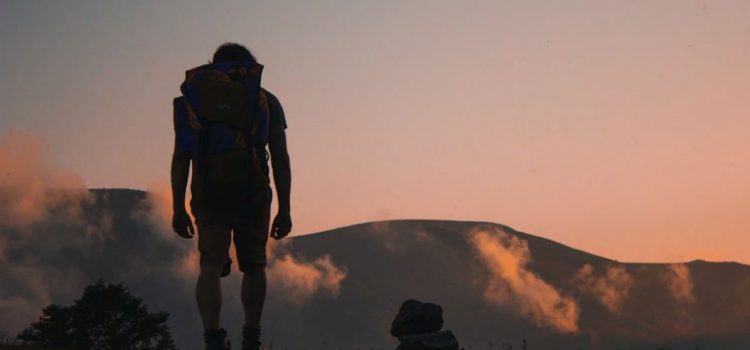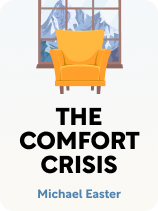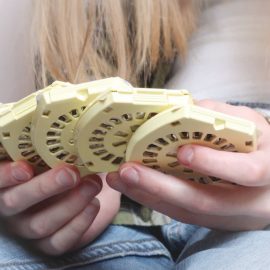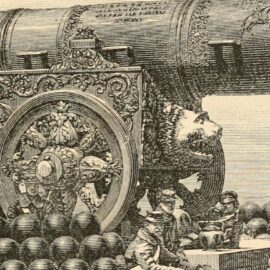

This article is an excerpt from the Shortform book guide to "The Comfort Crisis" by Michael Easter. Shortform has the world's best summaries and analyses of books you should be reading.
Like this article? Sign up for a free trial here.
Do you have a sedentary lifestyle? Do you suffer from back pain? Would you like to find a simple, inexpensive way to exercise?
According to Michael Easter, rucking is an excellent exercise that nearly anyone can do. Our exercise levels have progressively decreased as innovations have made movement increasingly obsolete for our survival. So, Easter suggests we return to the ways of our ancestors who carried heavy loads.
Read more to learn about the benefits of rucking and how this exercise can improve your well-being.
Michael Easter on Rucking
According to Michael Easter, rucking is an antidote to our modern sedentary lifestyle. To demonstrate the lifestyle of our ancestors, Easter points to the modern-day Hadza tribe of Northern Tanzania, who live similarly to ancestral hunter-gatherers. He says the athletic stamina of ancestral hunter-gatherers equaled that of modern, elite, college-level cross-country runners. Easter goes on to explain that we’re built to run long distances and carry objects more efficiently than any other animal on Earth.
More often than they ran, our ancestors carried things. Our hunter-gatherer ancestors mostly hauled around tools and animal parts weighing between 10 and 20 pounds, which we in the modern world could probably carry for a few miles. But, our ancestors also sometimes carried heavier loads such as large animal parts from a hunted and butchered carcass. For example, a zebra hindquarter—which would’ve been a common prey animal for ancient hunter-gatherers—weighs roughly 80 pounds. That load of groceries you carried from your car to your home doesn’t seem so bad now, does it?
To exercise in a way that compliments our natural strengths, Easter suggests rucking. Rucking is the act of carrying a heavy pack on your back for long distances. The benefits of rucking vary widely:
- Rucking promotes overall fitness by developing both your cardiovascular endurance and strength. Easter says research shows that rucking burns two to three times the calories of walking, which is equal to the cardio workout you’d get from running.
- Rucking leads to far fewer injuries than running does (for loads of 50 pounds or less). Easter says running has three times the impact on your knees as rucking does and causes 6 times more injuries to special forces soldiers. Rucking actually prevents back pain by strengthening your core and glute muscles, which supports healthy posture and stability.
- Rucking is a great exercise to do with others because it allows you to walk at the same speed while you each bear a weight that’s personally challenging for you. This is important because Easter says social exercises are shown to be more sustainable.
- It’s easy to make rucking part of your daily routine. Because it only requires you to walk with a heavy backpack, you can ruck just about anywhere that you normally walk throughout your normal day.
(Shortform note: To help you integrate this ancient human exercise into your daily life, some companies, such as GORUCK, make special rucking packs that are compatible with weight plates and still allow you to store your daily carry items. They have a variety of sizes and look sleek and compact enough to wear to the store or office. Another way to integrate carrying into your daily life is to take advantage of opportunities to carry things you normally wouldn’t. For example, carry your groceries home rather than push them in a cart and load them into a car.)

———End of Preview———
Like what you just read? Read the rest of the world's best book summary and analysis of Michael Easter's "The Comfort Crisis" at Shortform.
Here's what you'll find in our full The Comfort Crisis summary:
- Why a modern, comfortable lifestyle is bad for health and happiness
- Why discomforts such as being in nature, fasting, and exercising are important
- Tips on how to make discomfort your friend






